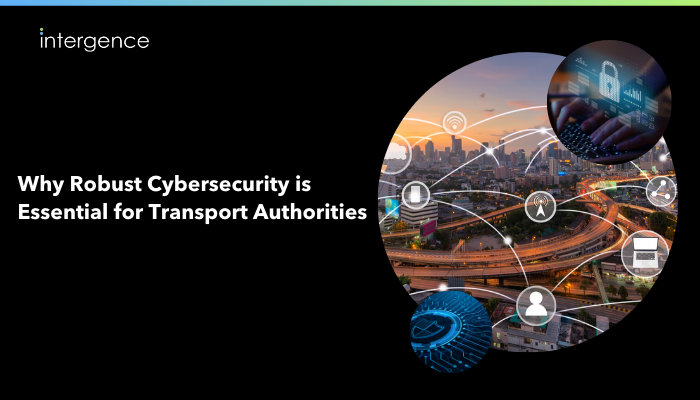In recent news, Transport for London (TfL) experienced a significant cyber attack that impacted its internal systems. While the attack did not disrupt public transport services, it exposed sensitive data, including bank details and personal information of around 5,000 customers. Employee credentials were also compromised, forcing IT identity checks for TfL staff, which limited their system access and contributed to service delays. The breach serves as a stark reminder of the importance of robust cyber security measures in protecting sensitive data
Cyber Security Threats Facing Transport Companies
- Ransomware attacks: These attacks involve encrypting critical systems and data, making them inaccessible until a ransom is paid. This can lead to significant disruptions in services, such as flight cancellations, train delays, or supply chain disruptions.
- Data breaches: Transport companies collect and store a vast amount of personal and sensitive customer data, which can be a target for cybercriminals. Data breaches can lead to identity theft, financial fraud, and reputational damage.
- Infrastructure sabotage: Cyberattacks can target critical infrastructure, such as traffic control systems, railway signaling, or port operations. Sabotage of these systems can pose a serious risk to public safety and lead to physical harm.
Intergence's Role in Supporting Transport Companies
Intergence has been at the forefront of providing cyber security solutions. Our experience has shown that proactive measures, such as regular vulnerability assessments, staff training, and implementing advanced security solutions, can significantly reduce the risk of cyber-attacks. Intergence’s IT security solutions are tailored to the specific needs of your business, ensuring that they remain resilient in the face of emerging cyber threats.
Lessons from Recent Breaches
The TfL cyber attack highlighted several critical lessons:
- Proactive Security: Continuous monitoring and early threat detection are essential to preventing data breaches.
- Data Protection: Encrypting sensitive data and improving data loss prevention could have limited the exposure of customer details.
- Employee Training: Strengthening cyber hygiene and using multi-factor authentication (MFA) can protect against credential compromises.
- Incident Response: A robust response plan enables faster recovery and less operational disruption.
- Communication: Clear, transparent customer communication helps manage concerns during a breach.
To learn more about how Intergence can help you stay secure and how we have helped other organisations stay protected, visit our IT Security Solutions page and case studies page. If you want to see how secure your organisation is, take our free breach awareness report. Find out where your vulnerabilities are before they become exploited.

